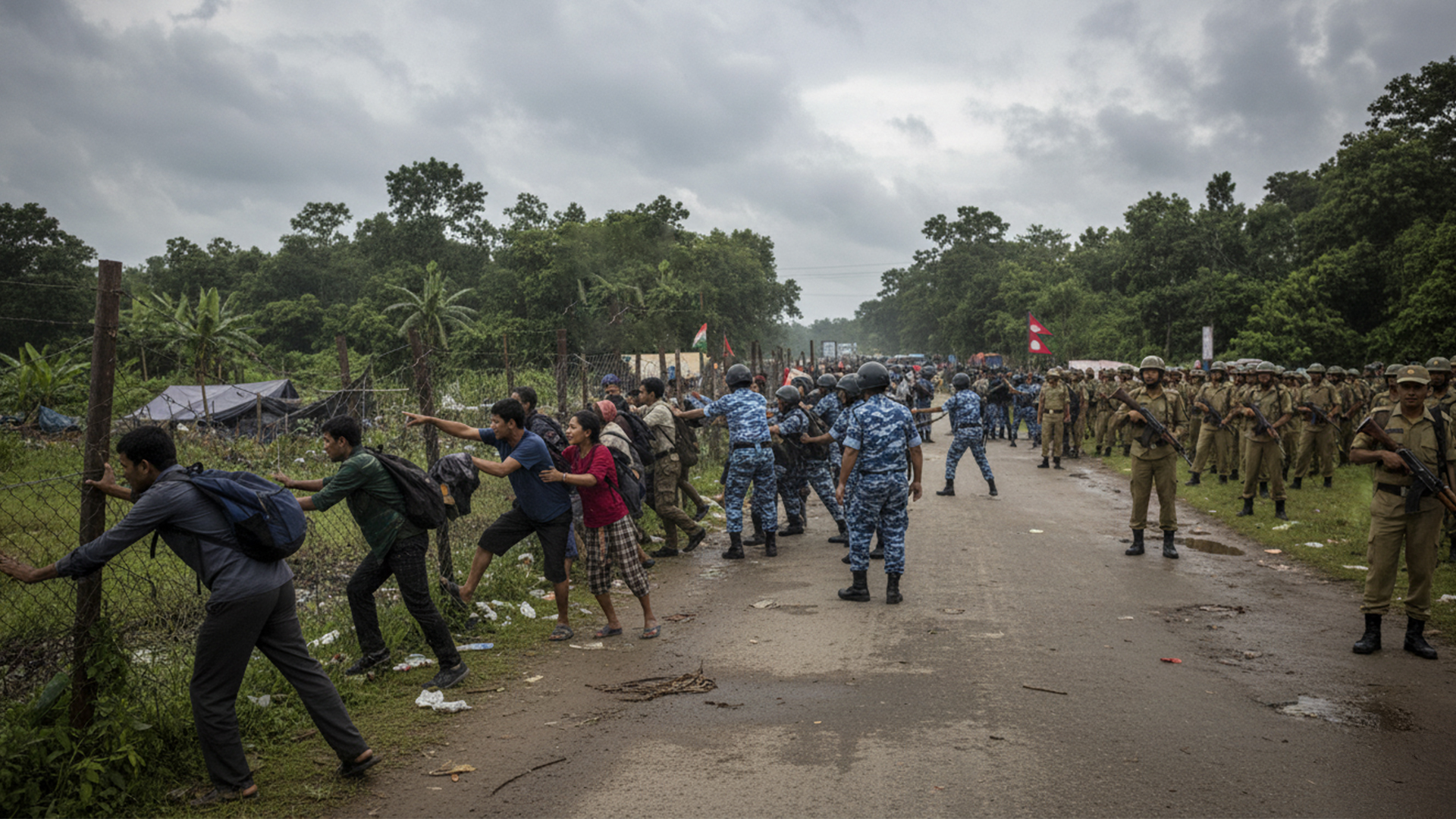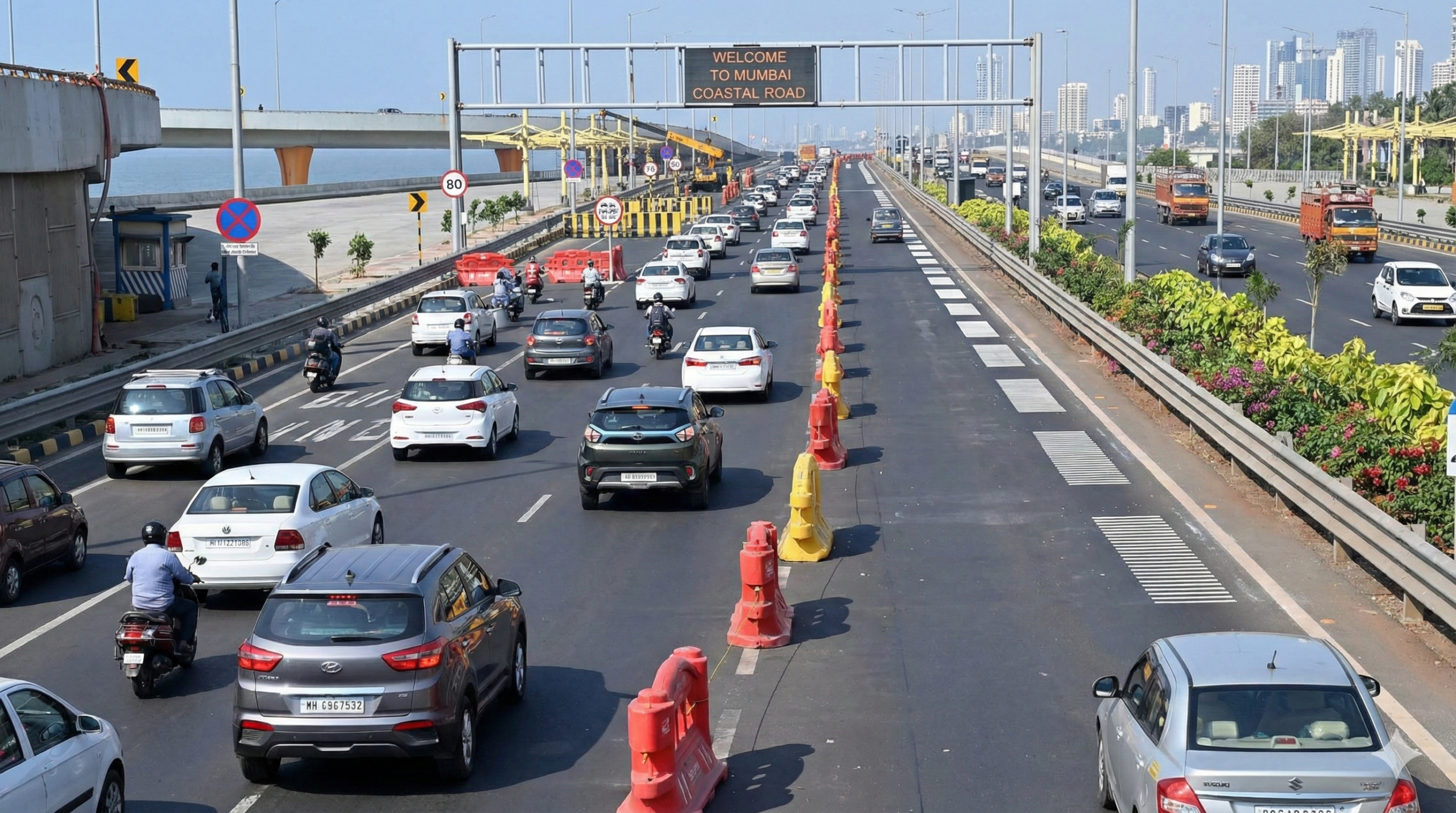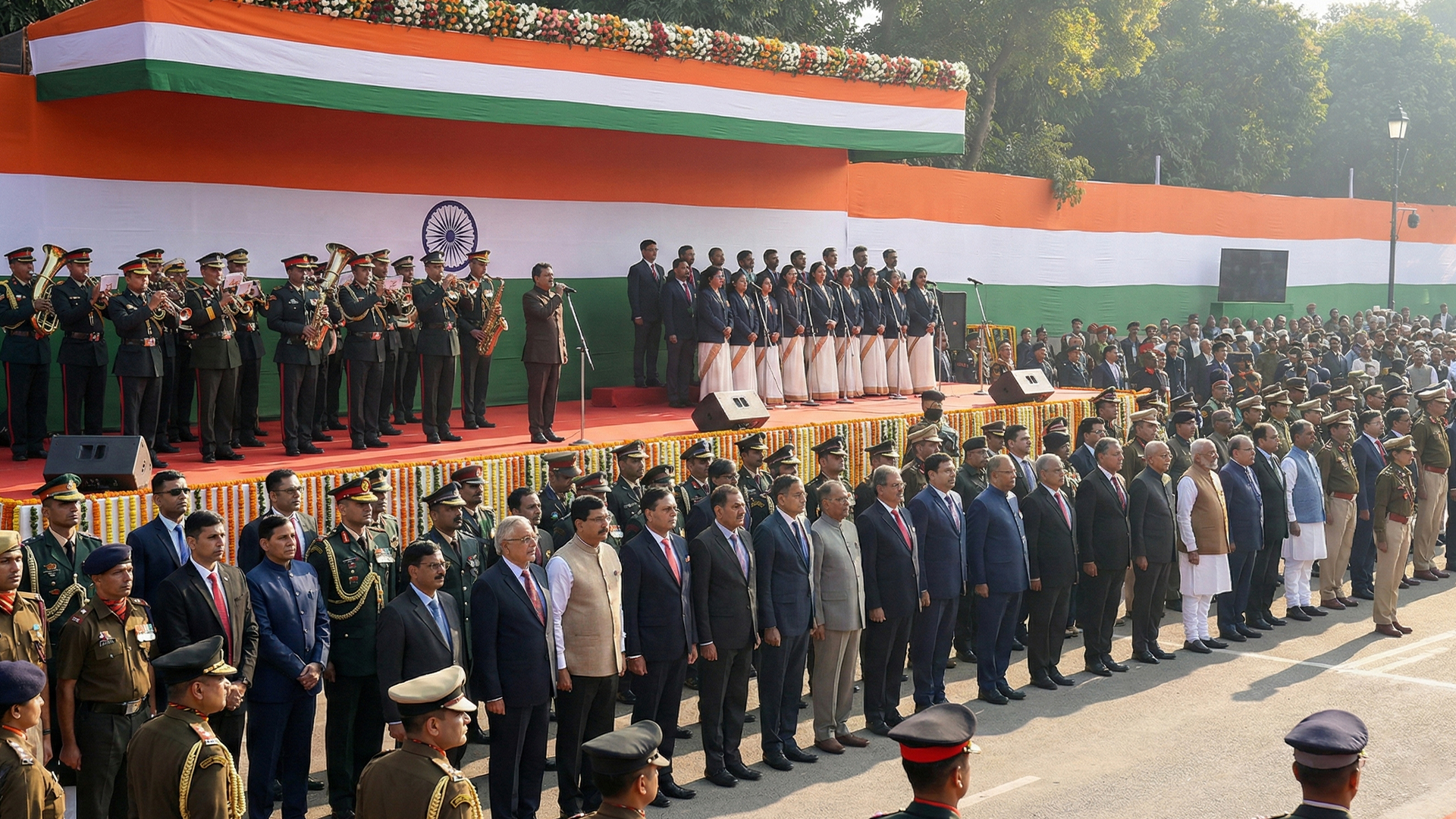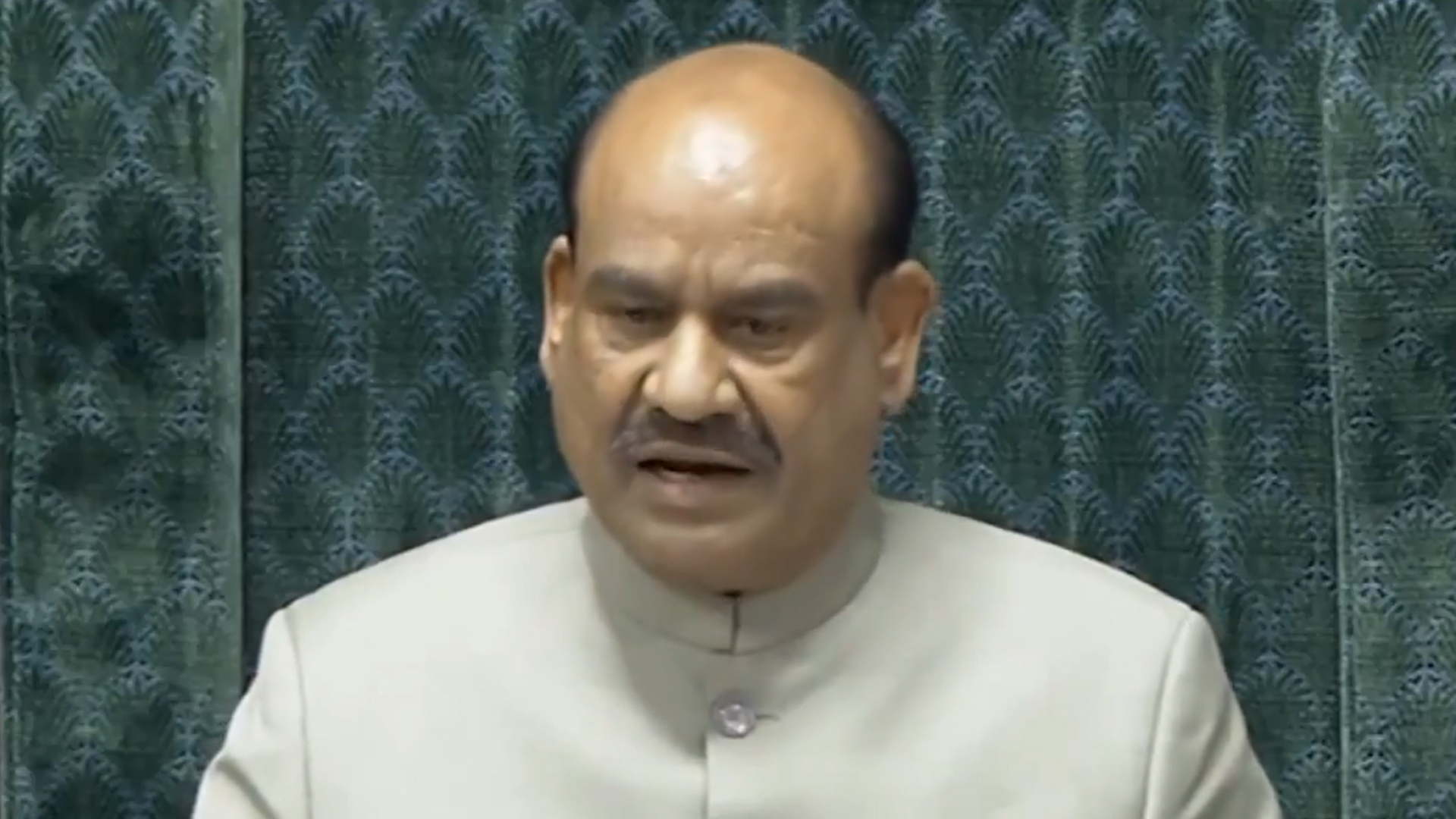More than a month after Nepal was shaken by a wave of Gen Z-led protests, hundreds of Indian prisoners who escaped during the ensuing chaos remain unaccounted for. The nationwide unrest in September triggered Nepal’s largest-ever jailbreak, with over 13,000 inmates fleeing custody from prisons across the country.
The protests, spearheaded by young Nepalis frustrated with what they described as a “broken” political system, turned violent in several cities, including Kathmandu. As police and prison guards struggled to contain the clashes, thousands of inmates, local and foreign alike, seized the moment to break free.
A Crisis Still Unfolding
On September 9, the second day of escalating demonstrations, the country’s prison network collapsed under pressure. Official data from Nepal’s Department of Prison Management shows that roughly 13,250 prisoners escaped, including 5,000 Nepali nationals, 540 Indians, and about 100 others from foreign countries.
Authorities have launched a nationwide search and are appealing to fugitives to surrender voluntarily. So far, 7,735 inmates have either turned themselves in or been captured, but more than 5,000 remain missing, among them the hundreds of Indians whose whereabouts are still unknown.
“We urge the escaped prisoners to return to their respective jails immediately,” a Home Ministry spokesperson said, warning that continued evasion would lead to harsher legal consequences.
Human Toll and Unanswered Questions
The jailbreak left a grim trail. At least ten inmates died in confrontations with security forces, while the protests themselves claimed 76 lives, including civilians, demonstrators, and police personnel.
The Indian Embassy in Kathmandu is working closely with Nepali officials to verify the identities and last known locations of the missing Indian nationals, most of whom were reportedly imprisoned for non-violent offenses such as immigration violations or small-scale drug possession.
Searching for Stability
The Gen Z protests have left Nepal facing not only political turmoil but also a major test of its security and justice systems. The crisis has reignited debate over prison conditions, border management, and the fragile line between civic dissent and national disorder.
For now, uncertainty lingers on both sides of the border. Families in Nepal and India await word on their missing relatives, as officials scramble to reinstate order and prevent another eruption of unrest.
Also Read: Rishi Sunak Joins Microsoft, Anthropic as Adviser






